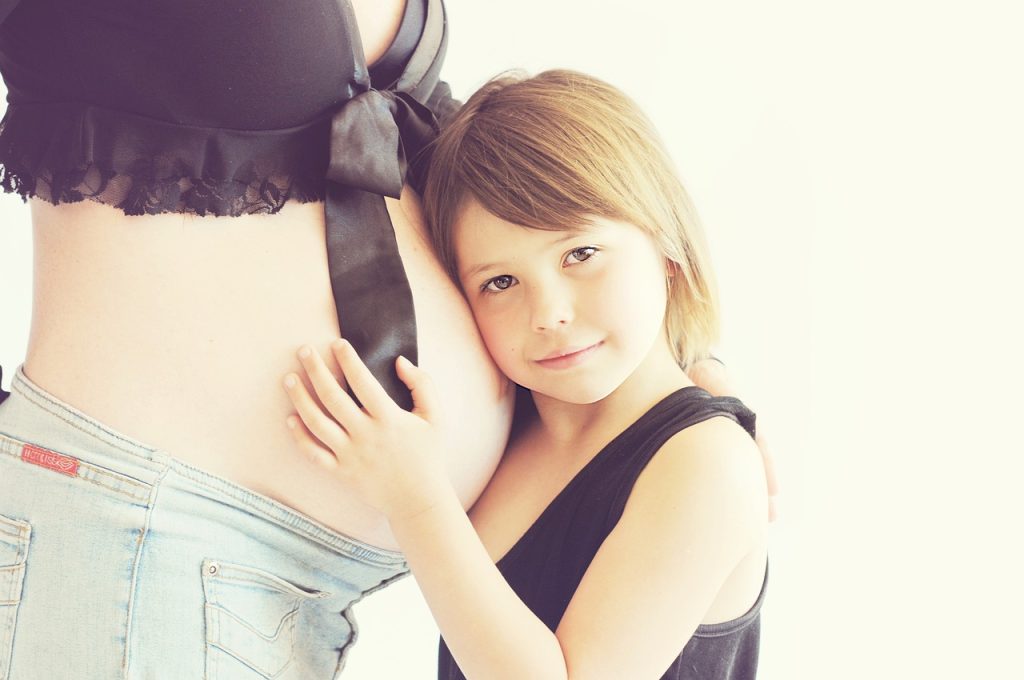The postpartum period is a time of immense change and adjustment for new mothers, both physically and emotionally. While it’s natural to experience a range of symptoms during this time, it’s essential to prioritize self-care and seek support when needed. In this guide, we’ll explore practical strategies and tips to help new mothers recover from postpartum symptoms with care and compassion.

- Rest and Recovery:
- Prioritize rest and allow yourself time to recover from childbirth. Listen to your body’s cues and nap when your baby sleeps. Enlist the help of family members or friends to assist with household chores and childcare, allowing you to focus on self-care.
- Nutrition and Hydration:
- Maintain a balanced diet rich in fruits, vegetables, lean proteins, and whole grains to support your body’s healing process. Stay hydrated by drinking plenty of water throughout the day, especially if you’re breastfeeding.
- Gentle Exercise:
- Ease back into exercise gradually, starting with gentle activities like walking or postpartum yoga. Listen to your body and avoid overexertion, focusing on movements that promote strength, flexibility, and relaxation.
- Seek Support and Connection:
- Reach out to friends, family members, or support groups for emotional support and companionship. Share your experiences and feelings with others who can offer empathy, understanding, and encouragement.
- Addressing Physical Discomfort:
- Manage physical discomfort such as perineal pain, hemorrhoids, and breast tenderness with soothing measures like sitz baths, ice packs, and warm compresses. Use breastfeeding aids like nipple shields or lanolin cream to alleviate nipple soreness.
- Managing Emotional Changes:
- Be gentle with yourself and acknowledge the emotional ups and downs that come with new motherhood. Practice self-compassion and remind yourself that it’s okay to feel overwhelmed or anxious at times. Talk to your healthcare provider if you’re experiencing persistent feelings of sadness, anxiety, or depression.
- Establishing a Routine:
- Establish a flexible routine that allows for predictability and structure while accommodating the needs of both you and your baby. Prioritize essential tasks and activities, but be willing to adapt and adjust as needed.
- Connect with Your Baby:
- Take time to bond with your baby through skin-to-skin contact, cuddling, and gentle touch. Engage in activities like baby massage or infant massage to promote relaxation and strengthen your connection.
- Practice Mindfulness and Relaxation Techniques:
- Incorporate mindfulness and relaxation techniques into your daily routine to reduce stress and promote emotional well-being. Practice deep breathing exercises, meditation, or guided imagery to cultivate a sense of calm and inner peace.
- Professional Support and Resources:
- Don’t hesitate to seek professional support if you’re struggling with postpartum symptoms or adjusting to motherhood. Talk to your healthcare provider or a mental health professional for guidance, support, and resources tailored to your individual needs.
Recovering from postpartum symptoms is a gradual process that requires patience, self-care, and support from loved ones. By prioritizing rest, nutrition, gentle exercise, and emotional well-being, you can navigate the postpartum period with care and compassion, allowing yourself the time and space you need to heal and thrive as a new mother. Remember that you’re not alone on this journey, and reaching out for support is a sign of strength, not weakness. Trust in your ability to adapt and grow through this transformative experience, and cherish the moments of joy, connection, and love that come with welcoming a new life into the world.




